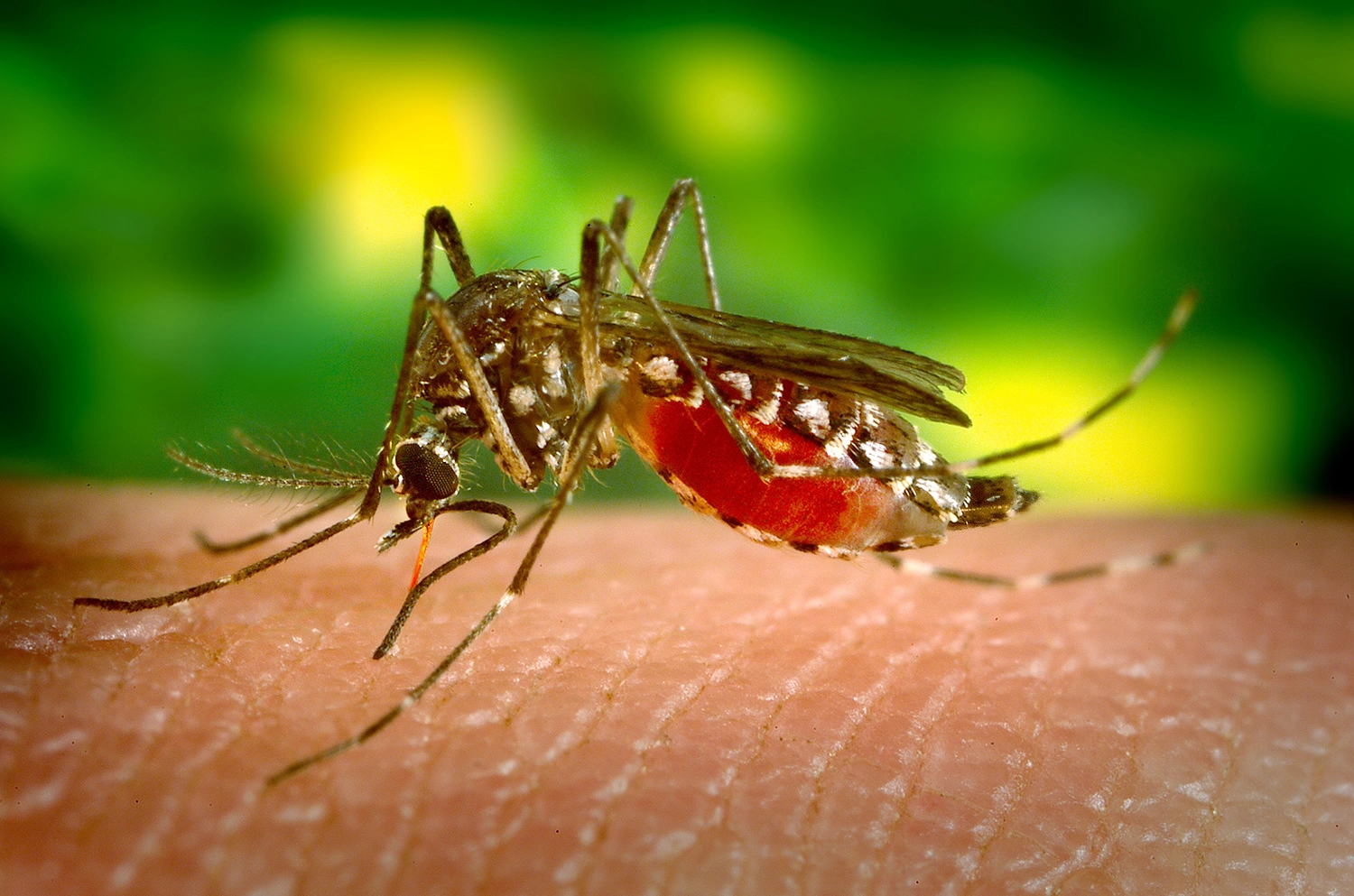Published: 12/20/2023
Last week’s global climate talks in Dubai featured for the first time a day focused on health issues ranging from mental health and climate change to emissions’ impact on mortality. Research by Stanford biologist Erin Mordecai and her lab has made startling predictions of how climate and land use changes will shift the burden of disease around the world. In a recent comment published in Nature Microbiology, Mordecai put a fine point on recent years’ unprecedented outbreaks of vector-borne infectious diseases, often in association with climatic and land-use change events, and the urgent need to tackle carbon emissions and deforestation to halt future outbreaks.
“Diseases of the environment, like mosquito-borne, tick-borne, water-borne, and zoonotic diseases, affect billions of people and cause immense and disproportionate health tolls on the most marginalized,” said Mordecai. “These diseases are exquisitely sensitive to environmental change and difficult to eradicate once established.”
Cover photo: This photograph depicts a female Aedes aegypti mosquito, which is the primary vector for the spread of Dengue fever. This July, the World Health Organization warned that climate change could push dengue cases to near-record numbers. (Image credit: James Gathany/CDC)

